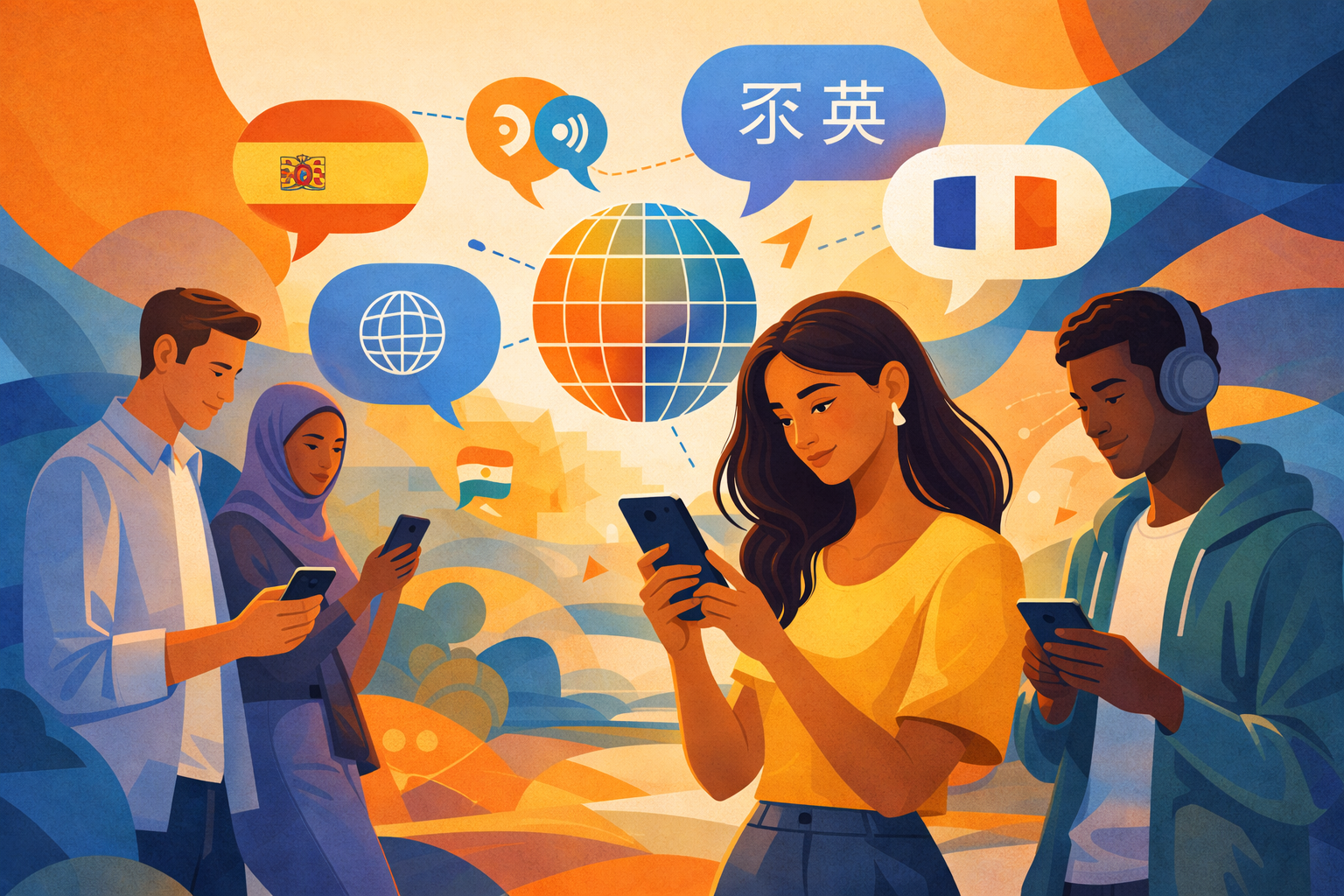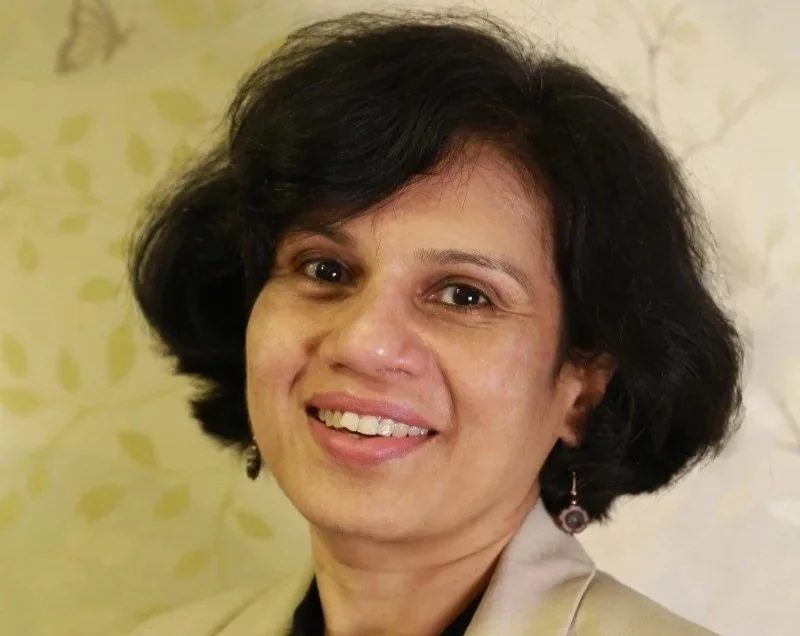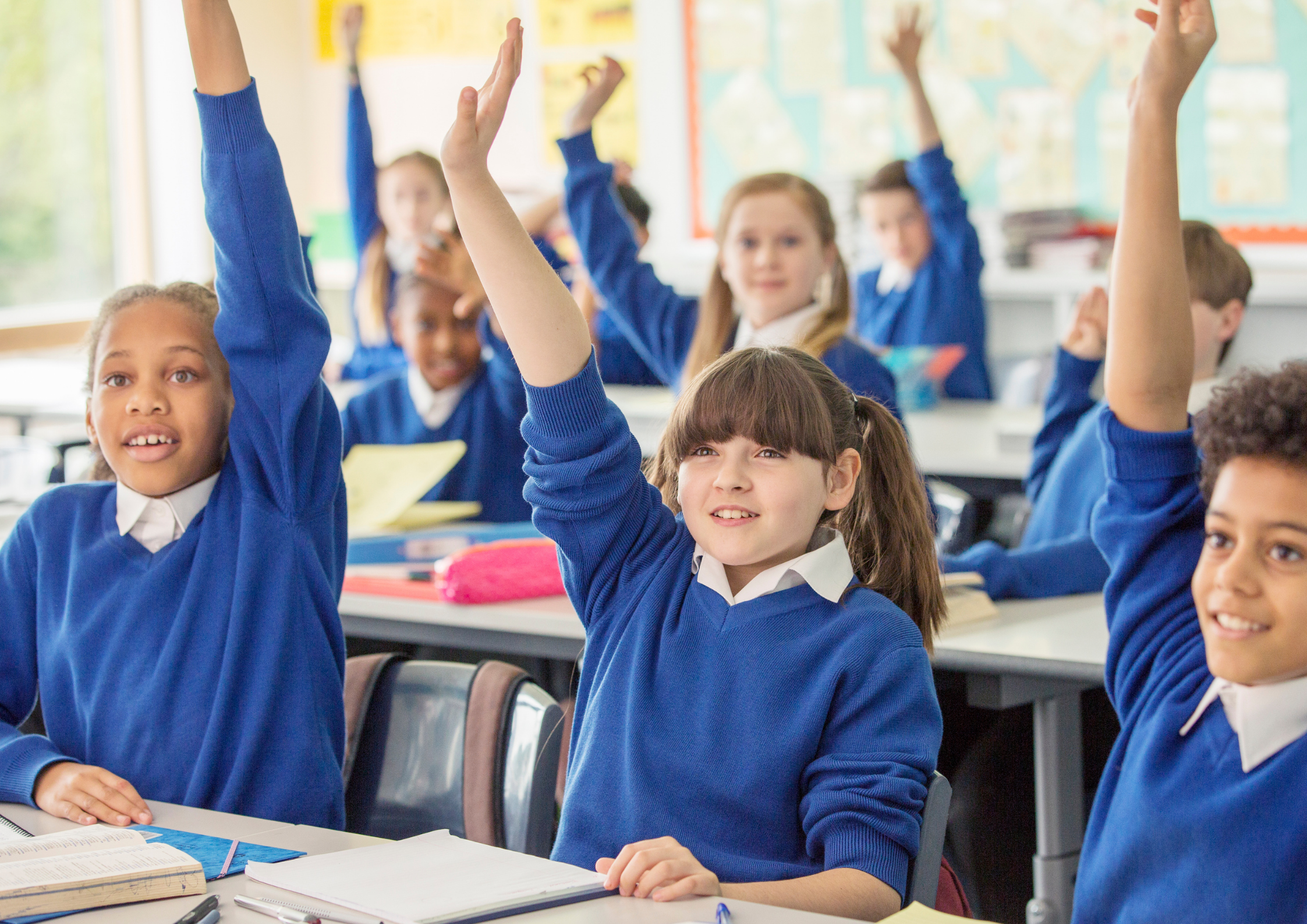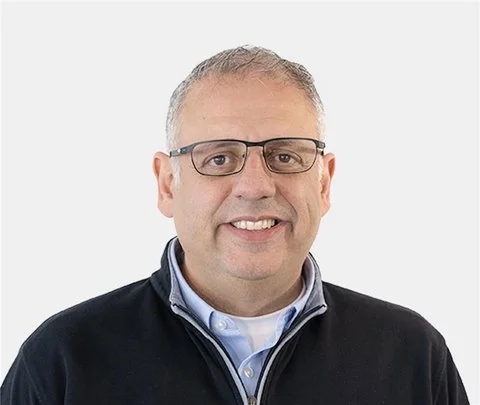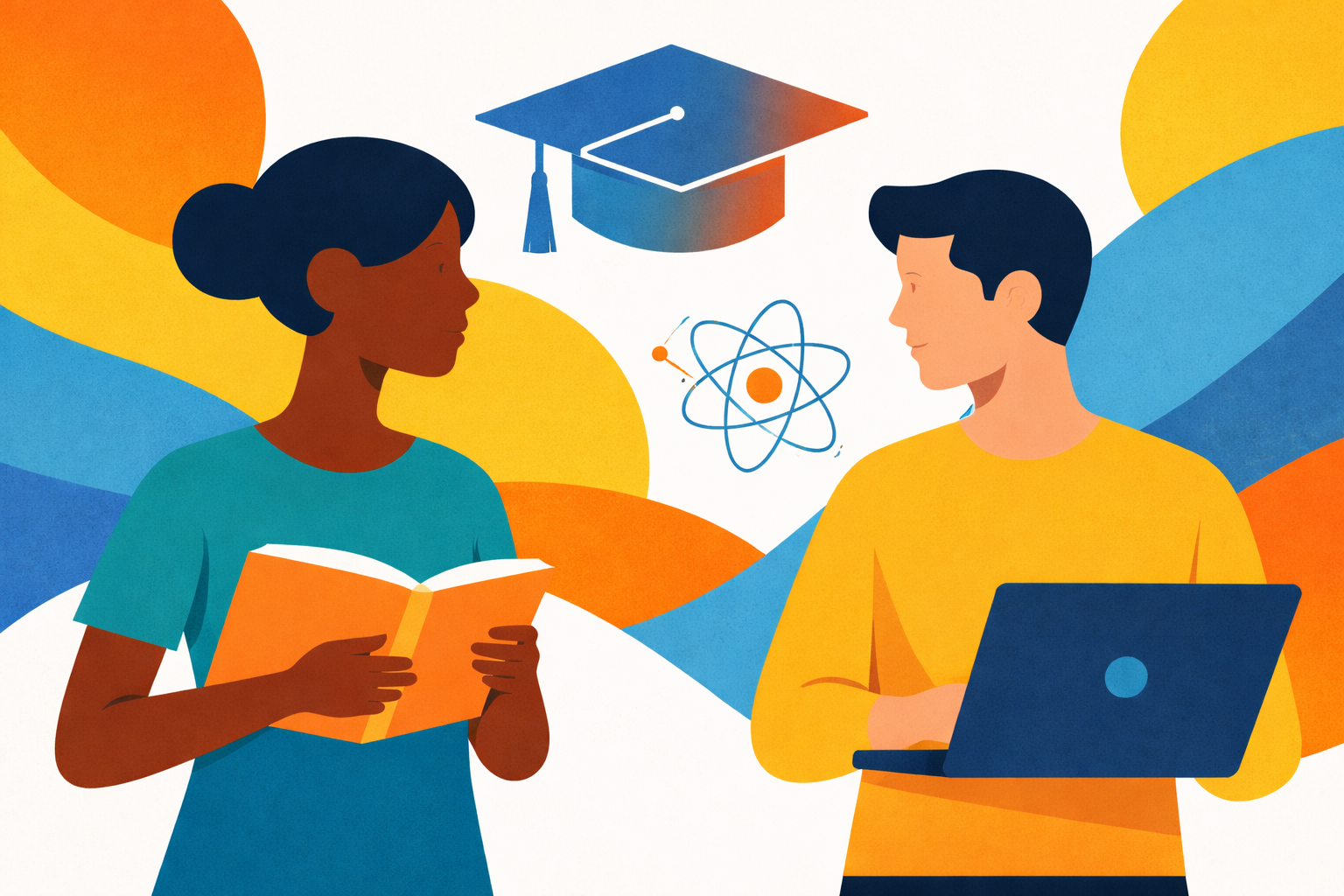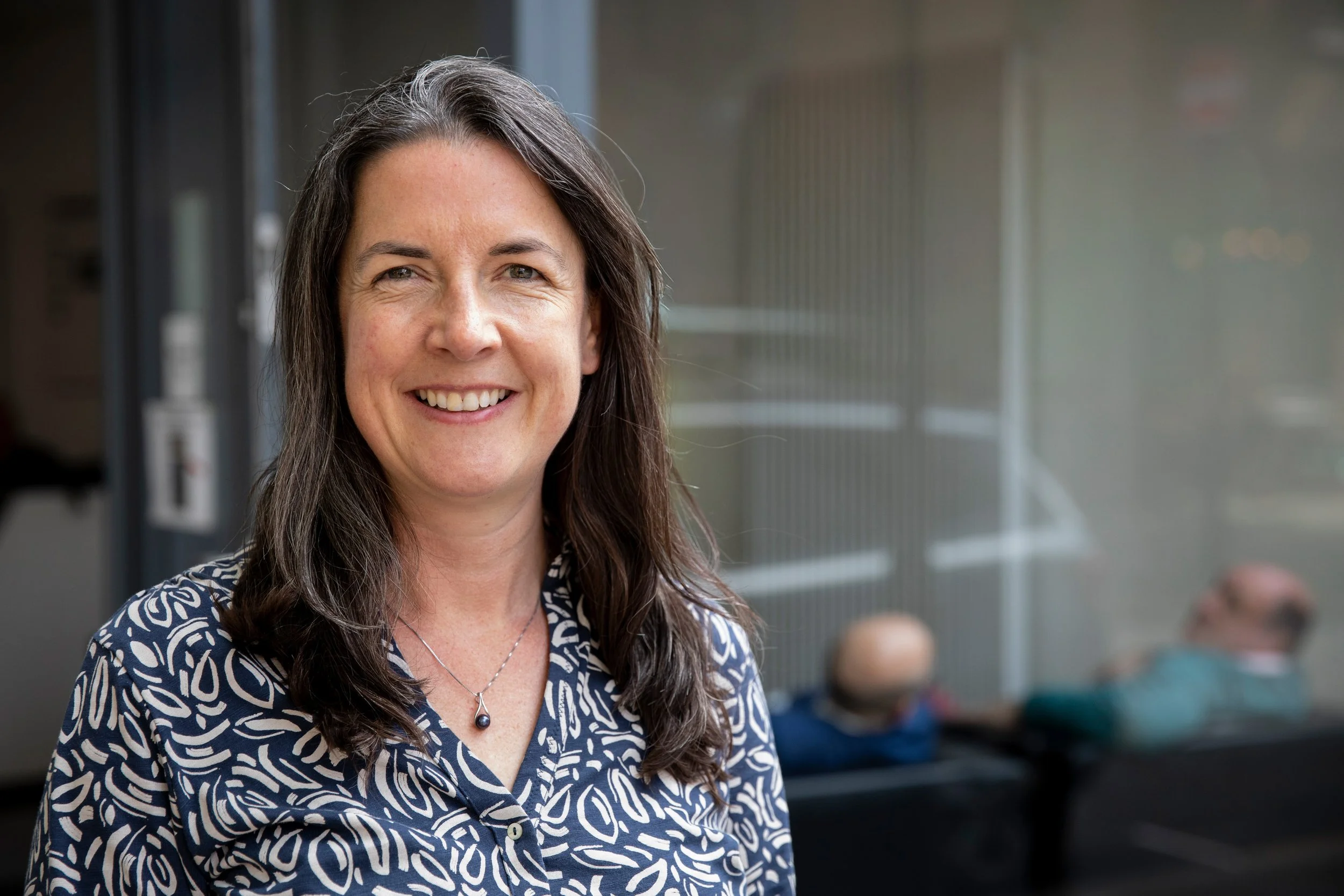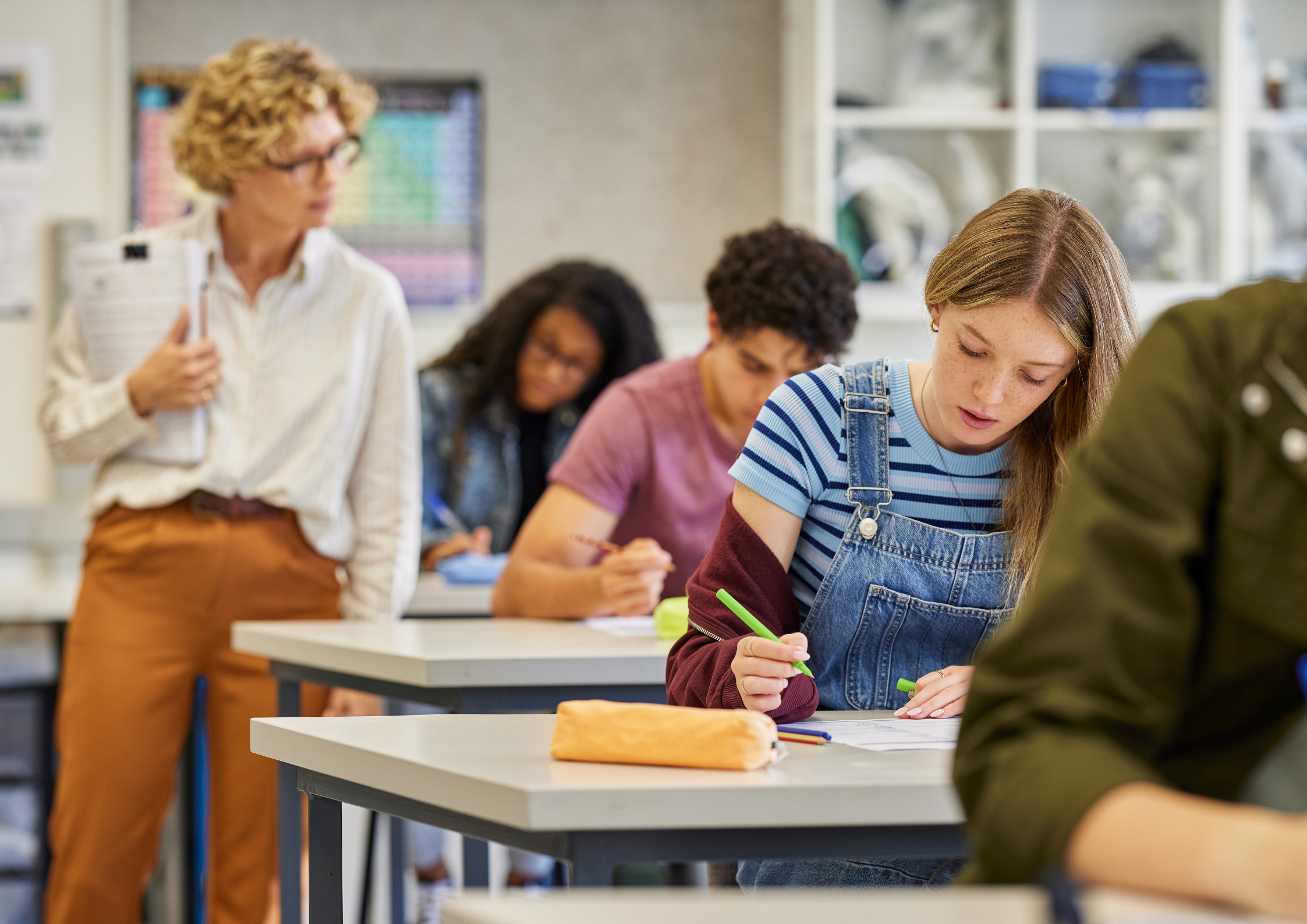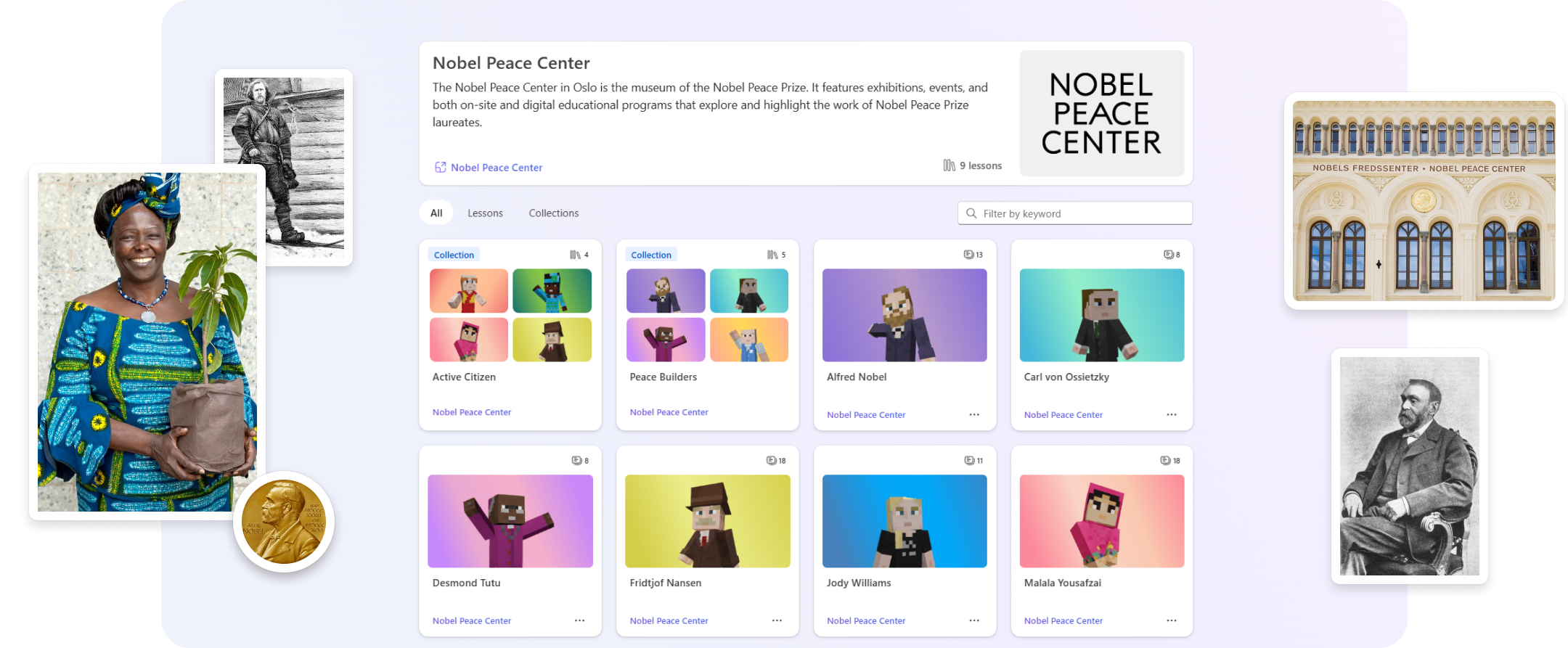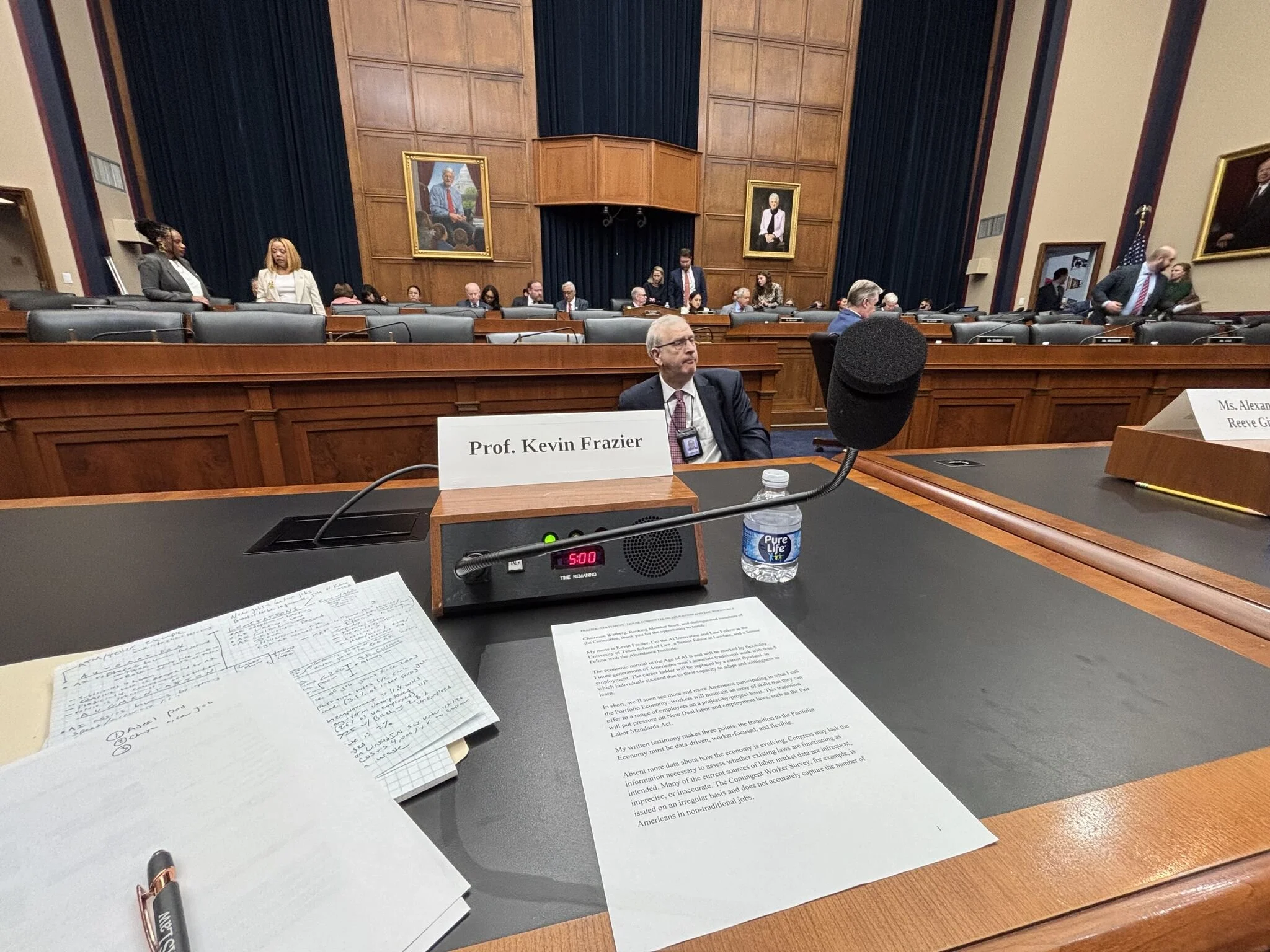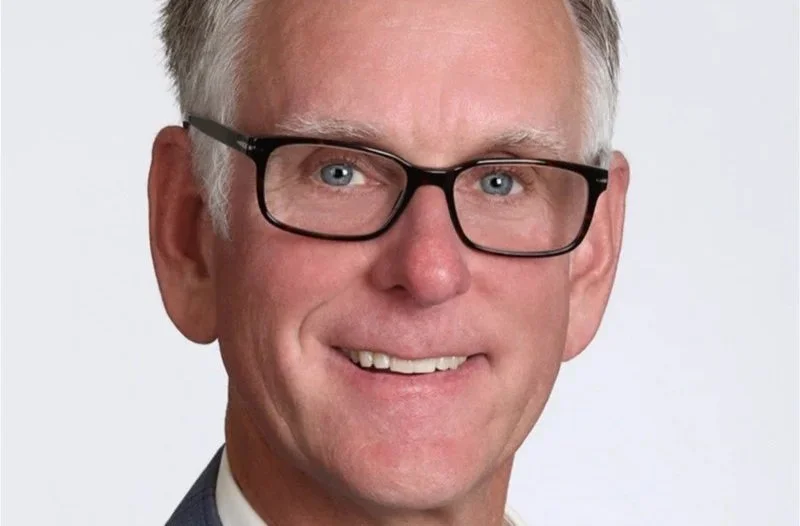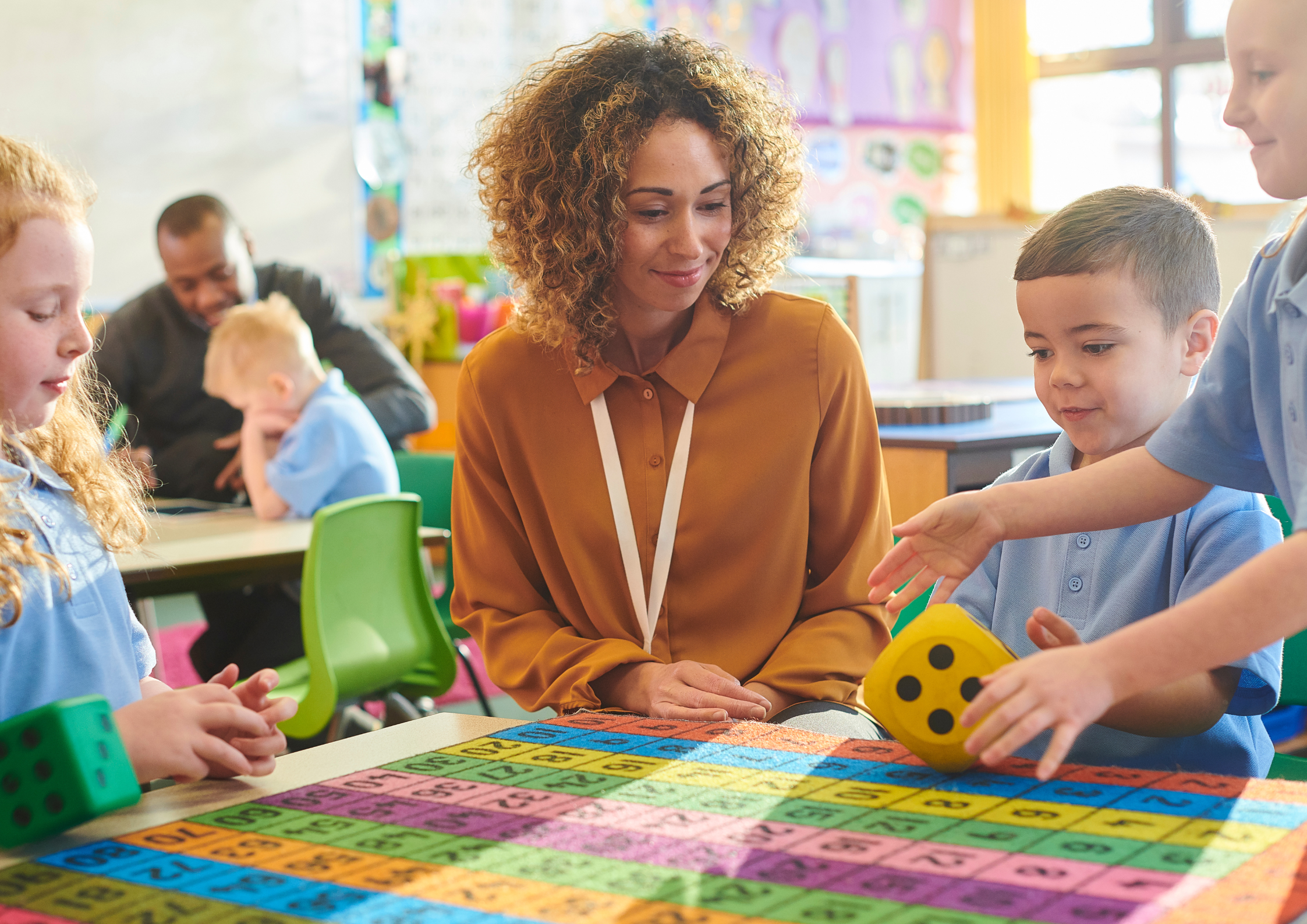California students win first Single Session Intervention challenge, designing digital tools to support teen mental health and wellbeing
The California Department of Health Care Services (DHCS) and the Child Mind Institute, with support from the Children and Youth Behavioural Initiative (CYBHI) have announced the winners of the first Single-Session Intervention (SSI) Challenge.

The competition invited high school, undergraduate and graduate students in California to design brief, scalable digital interventions aimed at encouraging healthier and more intentional technology use.
The SSI Challenge is part of broader efforts in California to work with youth in the state on developing mental health tools that reflect their lived experiences and meet the evolving needs of their peers.
All the interventions developed in the SSI Challenges used the Child Mind Institute’s software MindLogger, which is supported in part by CYBHI. The submissions ranged from mindfulness and cognitive restructuring tools to interactive guides for media literacy and fostering genuine social connection.
"At the Child Mind Institute, we believe young people should be part of the solution when it comes to supporting their mental health," explains Dr. Harold S. Koplewicz, Founding President and Medical director at the Child Mind Institute. "These interventions show that when we give youth the tools and the trust, they can create meaningful, scalable solutions that meet their peers where they are — online."
"California's CYBHI is committed to keeping youth at the center to better meet them when and where they need it most," adds Dr. Sohil Sud, Director of the CYBHI. "When we listen to young people and equip them to lead, we create more relevant and impactful behavioral health supports."
Winners included a three-step intervention that guides teens in rethinking the impact of tech on their wellbeing, designed by Stephanie Leung, from Mission San Jose High School and a Dialectical Behaviour Therapy-informed intervention that provides tools to help regulate emotions distress from social media developed by Selena Cuevas and Andrew Alvarez, from University of California.
The interventions suggested by the students will undergo further evaluation and refinement, aiming to make the tools available to young people in California.







